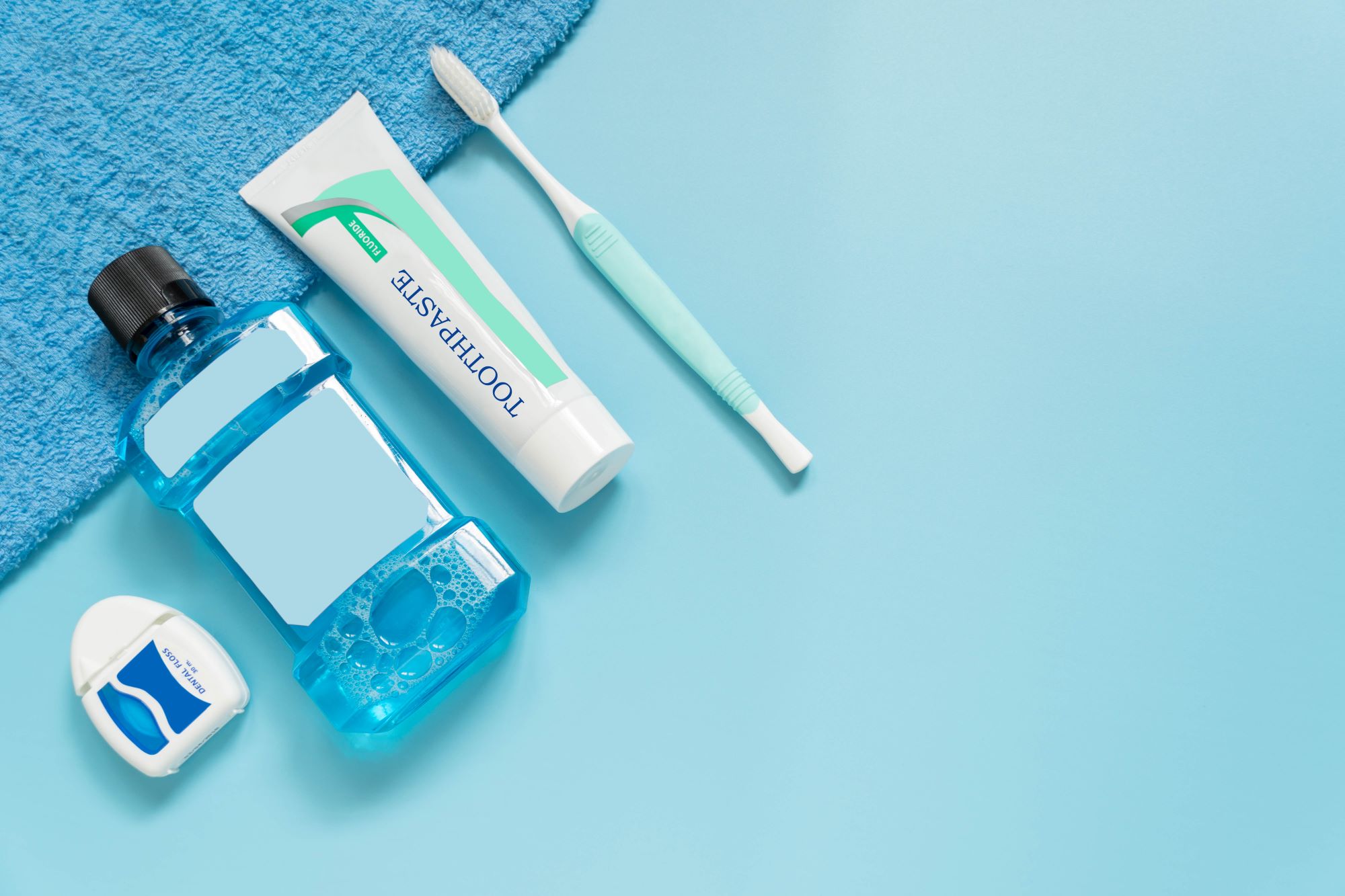Growing evidence suggests that bad breath isn’t the only thing growing in the mouth, ongoing inflammation in the mouth such as gum disease is associated with serious diseases like Alzheimer’s disease or type 2 diabetes. This study suggests an easy way to fight bacteria that promotes ongoing inflammation. Finding that when those with type 2 diabetes gargled with an antiseptic mouthwash the numbers of periodontitis-related bacteria decreased, and some of those with reduced bacteria achieved better control of their blood sugar.
“There are three highly virulent bacterial species that are linked to periodontitis, or diseases of the tissues surrounding the teeth,” explains lead author of the study Saaya Matayoshi. “We decided to see if we could reduce these three species—Porphyromonas gingivalis, Treponema denticola, and Tannerella forsythia—in patients with type 2 diabetes using a mouthwash containing the antiseptic chlorhexidine gluconate.”
For this study monthly or bimonthly saliva and blood samples were taken from 173 participants over a year. The presence or absence of three bacterial species were noted from the saliva samples, and with the blood samples levels of HbA1c were measured as a marker of blood sugar control. For the first 6 months participants gargled with water, then they gargled with an antiseptic mouthwash for the last 6 months.
“We were unsurprised to see that gargling with water had no effects on bacterial species or HbA1c levels,” explains Kazuhiko Nakano, senior author of the study. “However, there was an overall reduction in bacterial species when the patients switched to mouthwash, as long as they were gargling at least twice a day.”
It was noted that while there were no overall changes in HbA1c levels, there were large variations in individual responses. When the participants were split into older and younger groups, the younger participants had greater reductions in bacterial species and significantly better blood sugar control with mouthwash compared with water, for example.
Simple methods to improve oral hygiene may have important implications due to poor oral health being linked to serious diseases. If researchers can identify those who are likely to respond to antiseptic mouthwash it may be an easy intervention to improve the lives of those with periodontist-linked diseases like diabetes, dementia, cardiovascular disease, and respiratory tract infections.
As with anything you read on the internet, this article should not be construed as medical advice; please talk to your doctor or primary care provider before changing your wellness routine. This article is not intended to provide a medical diagnosis, recommendation, treatment, or endorsement. These statements have not been evaluated by the Food and Drug Administration.
Content may be edited for style and length.
References/Sources/Materials provided by:
https://resou.osaka-u.ac.jp/en




